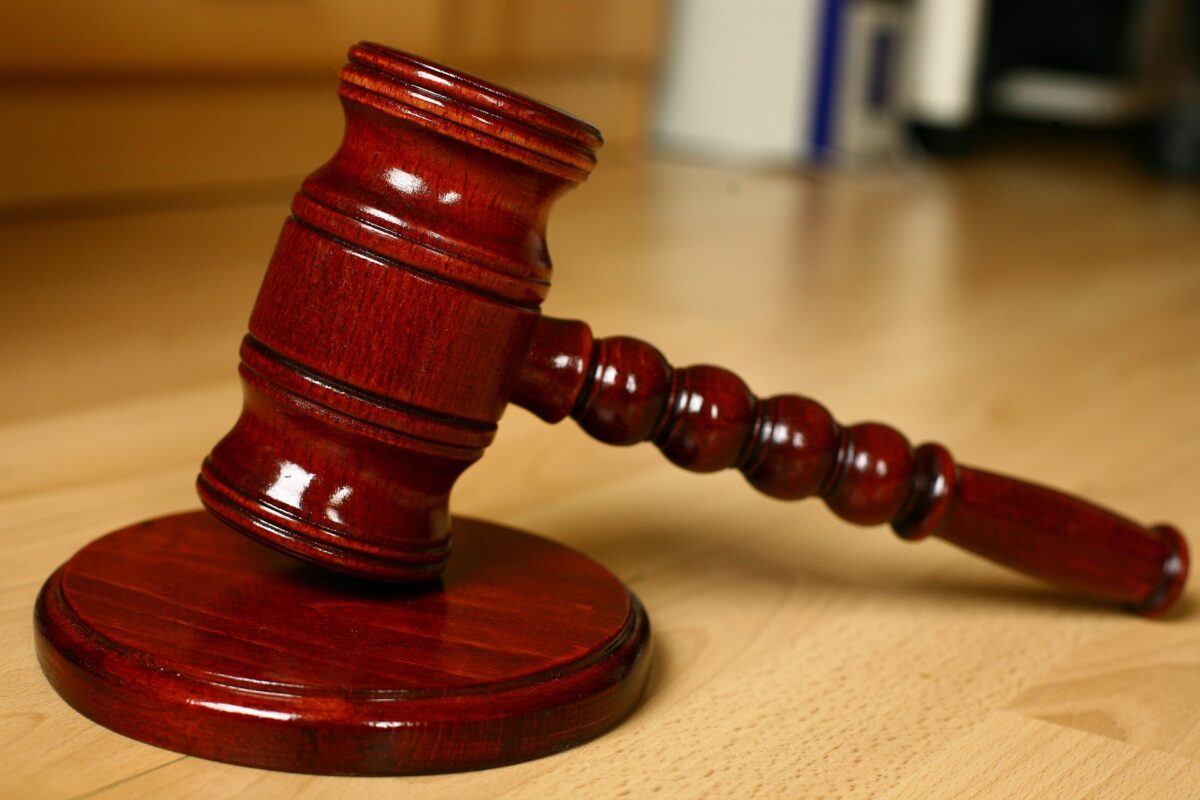
President Yoon Suk Yeol speaks during a televised address, Dec. 12. Yonhap Korea watchers call for orderly, constitutionally based transition By Kwak Yeon-soo The impeachment of President Yoon Suk Yeol over his martial law declaration risks creating a leadership void that raises questions about its foreign policy direction, especially its efforts to build strong ties with the incoming U.
S. administration, according to experts. The government has vowed continued diplomatic efforts to engage with the incoming U.

S. administration, but the martial law chaos will likely affect the way President-elect Donald Trump views Korea, especially given that a similar political crisis occurred when he was sworn in as the 45th president of the U.S.
In 2017, former President Park Geun-hye was impeached and jailed following an influence-peddling scandal. Trump met with top leaders of Japan and China in February and April 2017, respectively, but waited a few more months to hold talks with President Moon Jae-in, who was elected in May 2017. “The impeachment of President Yoon creates a political vacuum that will hinder the incoming Trump administration’s ability to coordinate with South Korea on policy, but it will also initially raise questions for Trump about political stability in South Korea and Seoul’s reliability as a partner,” said Troy Stangarone, director of the Hyundai Motor-Korea Foundation Center for Korean History and Public Policy.
“This should recede as South Korea transitions to a new administration, but it will be important for President Yoon’s successor to demonstrate that political stability has returned and that the new administration Korea is a dependable partner.” Robert A. Manning, a distinguished fellow at the Stimson Center, echoed the sentiment.
“From Washington, it looks like Yoon has violated the First Rule of Holes — when you’re in one, stop digging," he said. "It introduces dangerous uncertainty with regard to both current decision-making at a particularly perilous moment both in Northeast Asia and globally.” Acting President and Prime Minister Han Duck-soo speaks with U.
S. President Joe Biden on the phone at the Government Complex in Seoul, Dec. 15.
Courtesy of Prime Minister's Office Acting President and Prime Minister Han Duck-soo held a phone call with U.S. President Joe Biden on Sunday, during which both leaders reaffirmed the strength of the bilateral alliance.
“We are constantly working to enhance U.S. outreach and communicate with the incoming Trump administration,” a senior official in the Prime Minister’s Office said on condition of anonymity, Tuesday.
Some have pointed out the problem that Korea failed to notify the Combined Forces Command (CFC) and U.S. Forces Korea (USFK) when deploying martial law troops.
Foreign Minister Cho Tae-yul also drew criticism for avoiding phone calls from U.S. Ambassador Philip Goldberg on the night of the martial law.
“With regard to the U.S.-ROK alliance, the lack of any heads-up, when he (Yoon) has introduced dangerous new uncertainty about the functioning of the chain of command was disconcerting and a bit troubling to USFK,” Manning said.
“The fact that CFC and USFK were not notified suggests that the Yoon administration knew it did not have a strong basis for declaring martial law. Had the Yoon administration notified USFK, USFK would have had to notify the chain of command in the United States. This would have resulted in U.
S. pressure on the Yoon administration to resolve its differences through the political process rather than resorting to martial law,” Stangarone said. People take part in a rally calling for the ouster of President Yoon Suk Yeol in front of the National Assembly in Seoul, Dec.
7. AFP-Yonhap Experts said the National Assembly’s passage of an impeachment motion against Yoon on Saturday showed that Korea's democratic institutions remain robust enough to restore stable government. “Though the martial law declaration initially shocked U.
S. observers, the ruling People Power Party’s recent decision to support impeachment proceedings suggests moving toward Korean consensus on an orderly transition that aligns with American expectations of democratic resilience among key partners,” said Darcie Draudt-Véjares, fellow for Korean studies in the Asia Program at the Carnegie Endowment for International Peace. “For Washington's alliance managers, the central focus remains on maintaining operational readiness and strategic coordination.
Beyond diplomatic reassurances, U.S. officials are monitoring South Korea's ability to sustain critical security commitments and multilateral initiatives during political transition.
The alliance's capacity to respond to regional challenges stands as the key metric for evaluating this period of domestic change.” U.S.
President-elect Donald Trump speaks at a news conference at Trump's Mar-a-Lago resort in Palm Beach, Florida, Dec. 16. AFP-Yonhap Stangarone stressed that the most important thing is for there to be an orderly, constitutionally based political transition.
“The longer the current political crisis is allowed to drag out, the more uncertainty it creates, not just domestically in South Korea but within the U.S.-ROK alliance,” he said.
“Reassurance and maintaining lines of communication by leading political figures are important as the crisis resolves itself, but an orderly transition is the most important thing South Korea can do reassure foreign partners that it will remain a dependable partner long-term.” “What happens in South Korea is not only a test of democratic resilience, but also a question of foreign policy continuity. Other governments worry about having a steadfast partner in defending the international rules-based order,” said Leif-Eric Easley, a professor of international studies at Ewha Womans University.
“At issue is whether Seoul will continue supporting Ukraine, resisting China’s economic coercion and cooperating with Tokyo against North Korea’s nuclear missile threats and human rights abuses.”.











